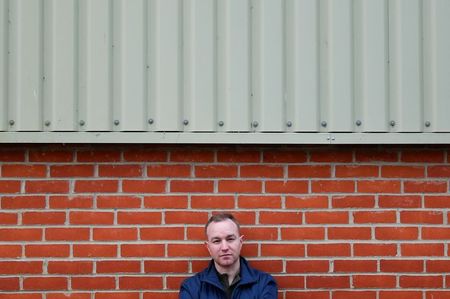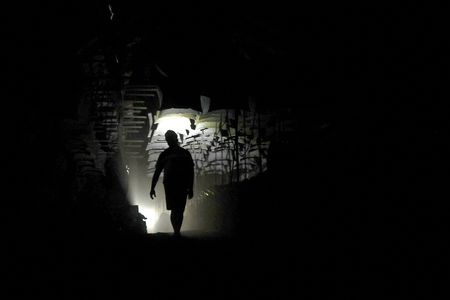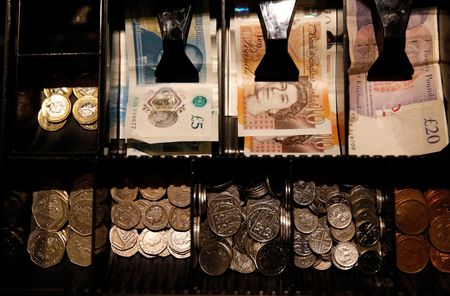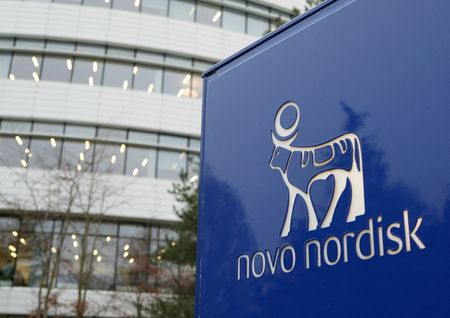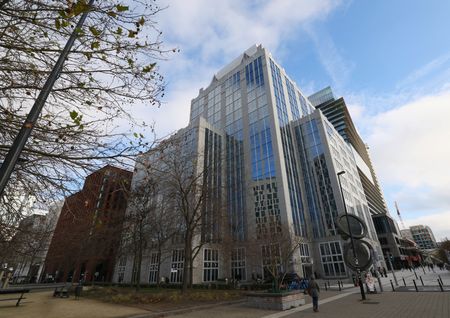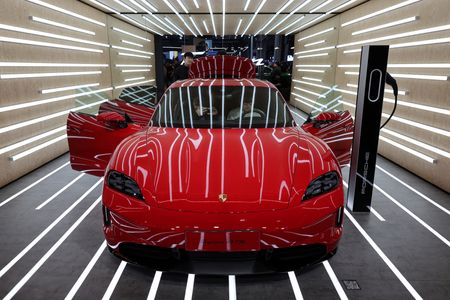By Kirstin Ridley
LONDON (Reuters) -Tom Hayes, the British trader who became the face of the global Libor interest rate scandal, has been blocked from referring his conviction back to the Court of Appeal in a provisional decision by the Criminal Cases Review Commission (CCRC).
The former star UBS and Citigroup trader, who was released from jail on licence in January after serving half of an 11-year sentence, said he was surprised and disappointed, and vowed to continue the fight to clear his name.
“I have done nothing wrong and have been scapegoated to cover the policies of my employers, the industry practise and to protect the reputation of the financial system,” he said.
Hayes, who was painted as a ringleader in a global plot to rig Libor (London interbank offered rate) – a benchmark used to set rates on trillions of dollars in loans, mortgages and derivatives – has until next February to make further submissions to the CCRC.
The gifted mathematician, who has Asperger’s syndrome and was charged by both U.S. and British prosecutors, has long argued his trading methods were standard market practice and condoned by bosses at the time.
He said on Tuesday the CCRC decision was based on “false admissions” he had made during interviews with investigators in order to avoid extradition to the United States.
The now 42-year-old was the first trader convicted by jury of rigging Libor after a global investigation.
He was initially handed a 14-year sentence – one of the toughest for white collar crime – before it was trimmed on appeal.
He applied in 2017 to the CCRC, an independent British body that investigates potential miscarriages of justice, saying new evidence would show he had been wrongly convicted.
But only a fraction of CCRC applications are successful.
Of nearly 28,000 received since April 1997, the CCRC has sent about 770 for further appeal, according to its website.
After the investigation into allegations of benchmark rigging, leading banks and brokerages paid about $9 billion in regulatory settlements.
Libor, once dubbed the world’s most important number, will be largely scrapped at the end of 2021.
(Reporting by Kirstin Ridley Editing by Angus MacSwan and Mark Potter)

